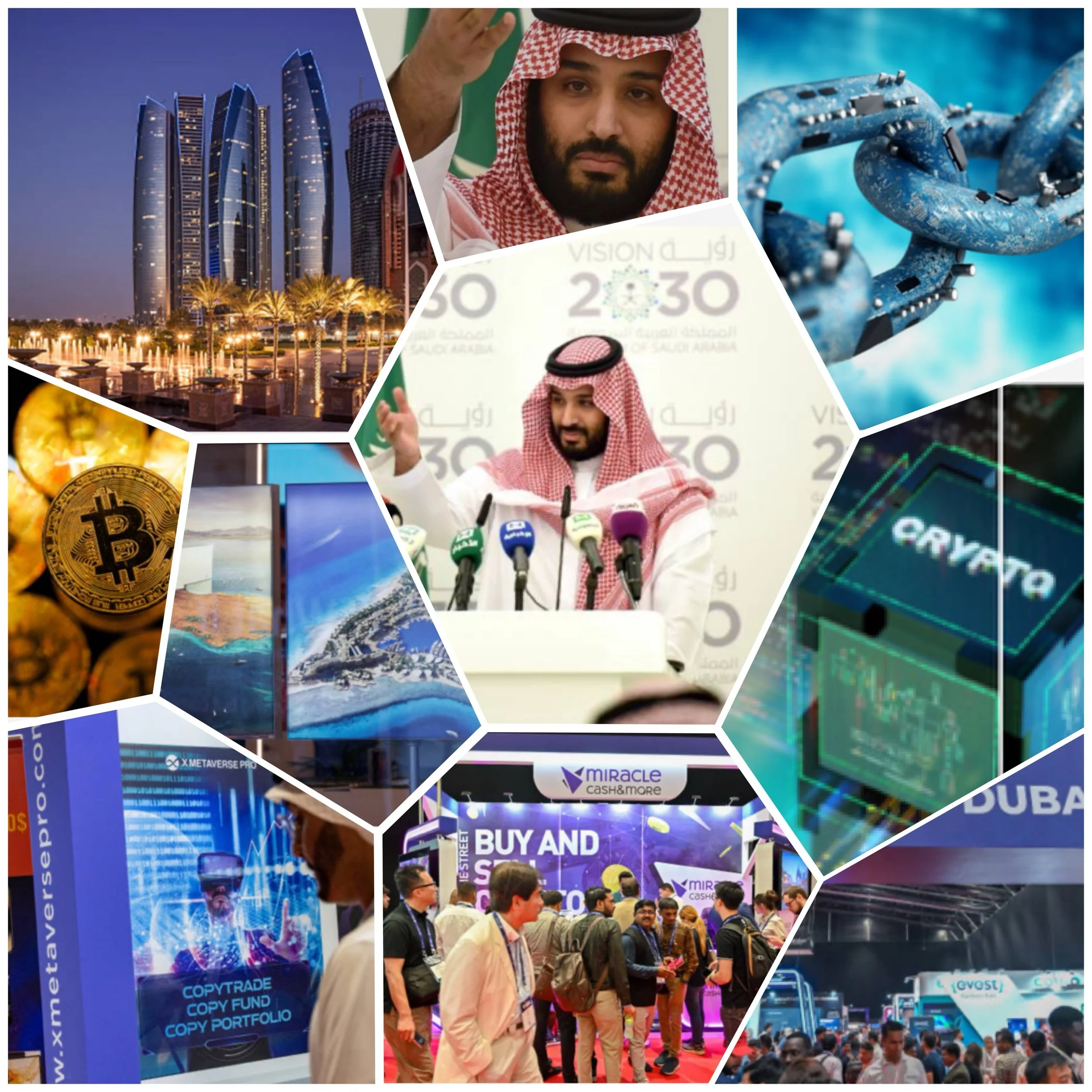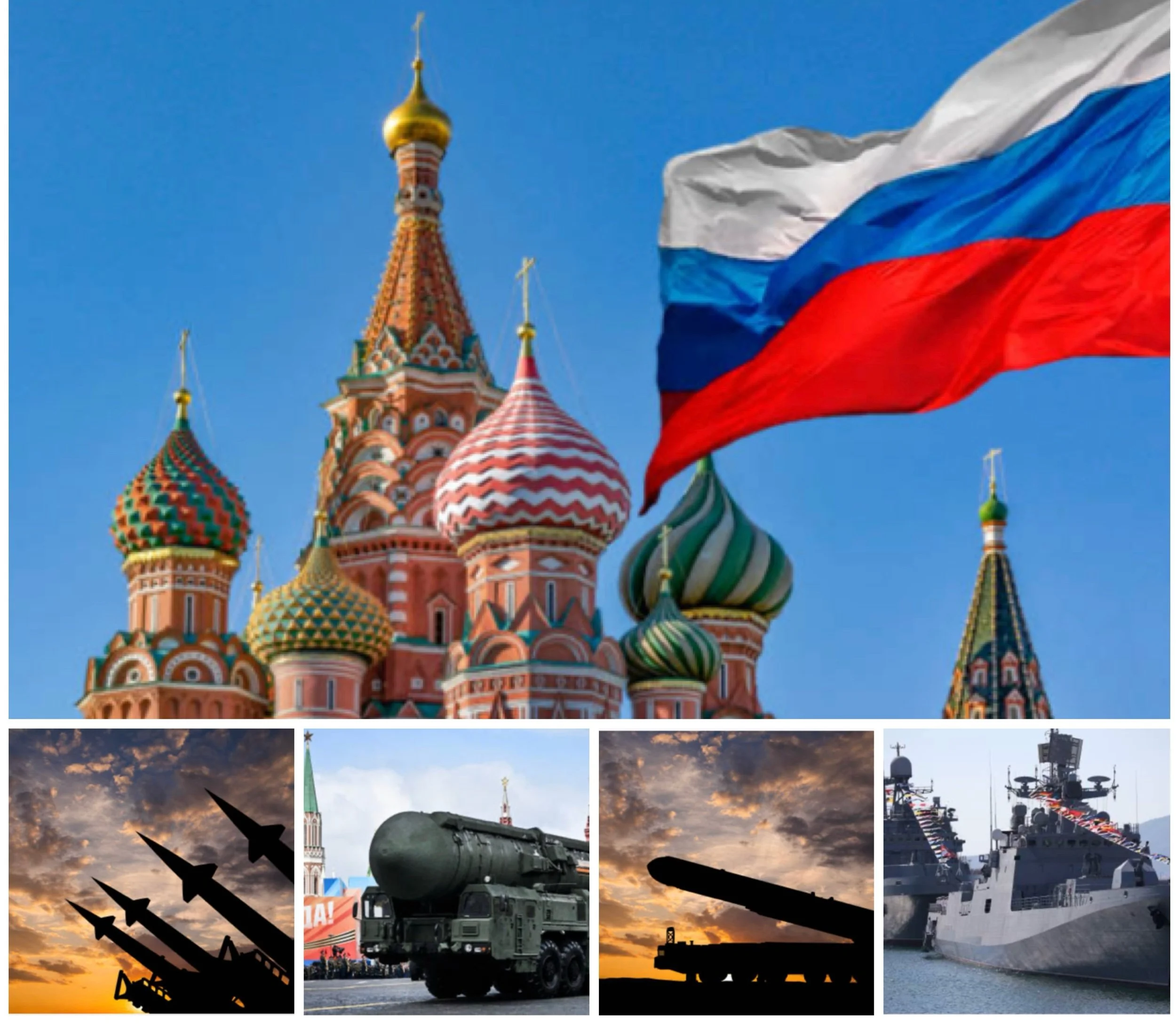Future of blockchain and Crypto currency in middle-east
Introduction
The future of cryptocurrencies, digital assets and or blockchain, within the Middle East in 2030 looks extremely promising.
Market today
In terms of looking at the current market, numbers highlighting the growth of crypto in the UAE and Saudi Arabia look very promising. The UAE has received over $30 billion in crypto value between July 2023 and June 2024, they are ranked among the top 40 countries globally in terms of crypto adoption.
Additionally, they have experienced over 74% year-over-year growth in DeFi activity and 87% year-over-year growth in DEX activity. Regarding, Saudi Arabia, the Kingdom had experienced 154% year-over-year growth in the crypto market. They rank among the top 6 countries globally in terms of crypto growth.
These numbers demonstrate the rapid pace of crypto adoption in the UAE and Saudi Arabia. It is important to note that these are just a few examples, and the overall growth of the crypto market in these countries is likely to be even higher.
Prediction of cryptocurrency
Predictions in terms of the percentages of businesses and locals using crypto in the UAE and Saudi Arabia in 2030, are still unknown.
That said, within the UAE, a significant portion of businesses, especially tech startups and financial institutions, are likely to be involved in crypto activities.
Retail adoption is expected to grow steadily, particularly among younger demographics. Regarding Saudi Arabia, Similarly to the UAE, a significant number of businesses, especially those in the tech and finance sectors, are expected to adopt crypto.
Retail adoption may be slightly slower than in the UAE, but it is still expected to grow. However, it's important to note that accurate data on the percentage of businesses and locals using crypto in these countries is still very much limited.
Now, let's look at some potential factors that are being seen to ultimately contribute to this potential growth. Additionally, let's also look at some of the real and significant barriers too.
Support of local government
In looking at some of the positive factors that could well be at play here, government support is one major factor. Government support, especially so in countries like the UAE and Saudi Arabia have shown strong support for crypto, digital assets and blockchain technology. With initiatives like the Dubai Virtual Asset Regulatory Authority (VARA) and the Saudi Digital Currency Initiative (SDCI).
This regulatory clarity and support can boost investor confidence and encourage innovation. Another positive factor could well be that there is a very young and tech-savvy population.
The Middle East has a large and growing population of young people who are tech-savvy and open to new technologies. This demographic is likely to be early adopters of crypto and blockchain, driving demand for these technologies.
Economic diversification
Economic diversification is a very real and important factor at play here too, especially so in the Middle East, accordingly many
Middle Eastern countries, especially so Saudi Arabia and the UAE are seeking to diversify their economies away from oil and gas.
Crypto and blockchain could play a significant role in this diversification, offering new opportunities for growth and innovation.
Finally, another strong factor at play here would be, financial inclusion. Here, one could argue that both crypto and blockchain can help to increase financial inclusion in the region and beyond, particularly for those underserved populations, as may well be the case in the Middle East. This could lead to the desired economic growth, as well, social development, that this region not only needs but also wants.
Challenges for cryptocurrency
Having said that, like anything and everything else, it's certainly not going to be all plain sailing, to say the least, I mean, nothing is ever all plain sailing, is it.
With that in mind then, it's extremely important to look at the challenges that the Middle East may have, especially in relation to crypto, digital assets and blockchain.
One that stands out is undoubtedly, regulatory uncertainty. It can be argued that, while some countries in the Middle East have clear regulations for crypto, digital assets and blockchain, others still have a lot of uncertainty and have not even started to develop this side. Which does not only create challenges for businesses and investors, but it can be a Hugh obstacle, further slowing down this whole sector.
Another key problem could well be the well-founded huge issue of security and its retrospective concerns.
It must be noted that both cryptocurrencies and digital assets are still very vulnerable to hacks and scams.
Accordingly, and additionally, as the adoption of cryptocurrencies and blockchain grows, so too will the risks of cyberattacks, and the Middle East like other regions, are not immune to this, whatsoever.
Finally, there is the concern about, volatility, where the price of cryptocurrencies and digital assets, can be highly volatile, which can make it difficult for businesses and investors, alike, to plan
Conclusion
One could argue that, yes there are challenges, and these challenges are very real and potentially destabilizing too.
Having said that, even despite the challenges, the future of cryptocurrencies and digital assets within the Middle East looks extremely bright. With supportive governments, a young and tech-savvy population, and a growing economy, the region is not only well positioned, but very likely to become a global leader in both cryptocurrency, digital assets and blockchain technology.
By 2030, we can expect to see widespread adoption of cryptocurrencies and blockchain-based solutions across various sectors, as well, countries in the Middle East. With Saudi Arabia and the UAE potentially being at the forefront.






